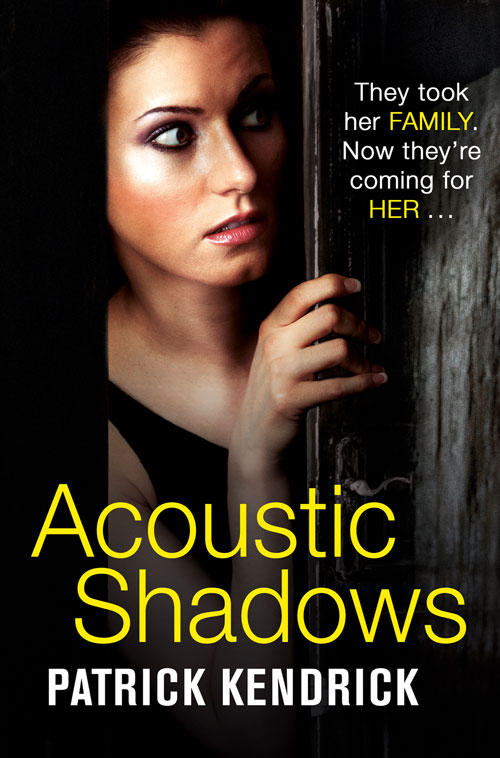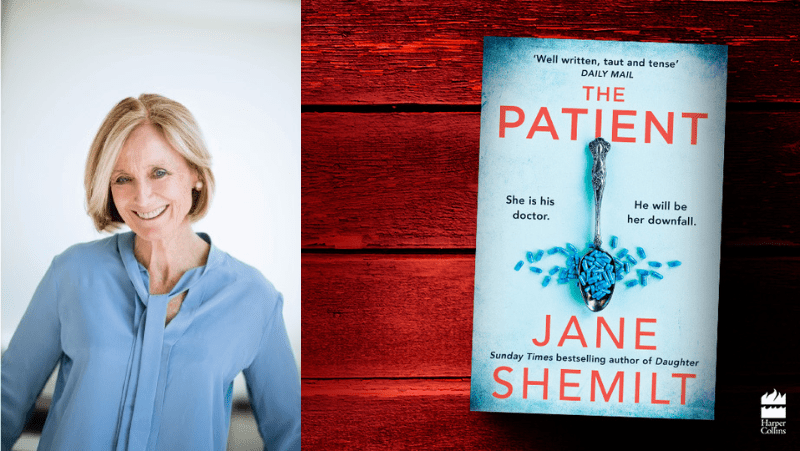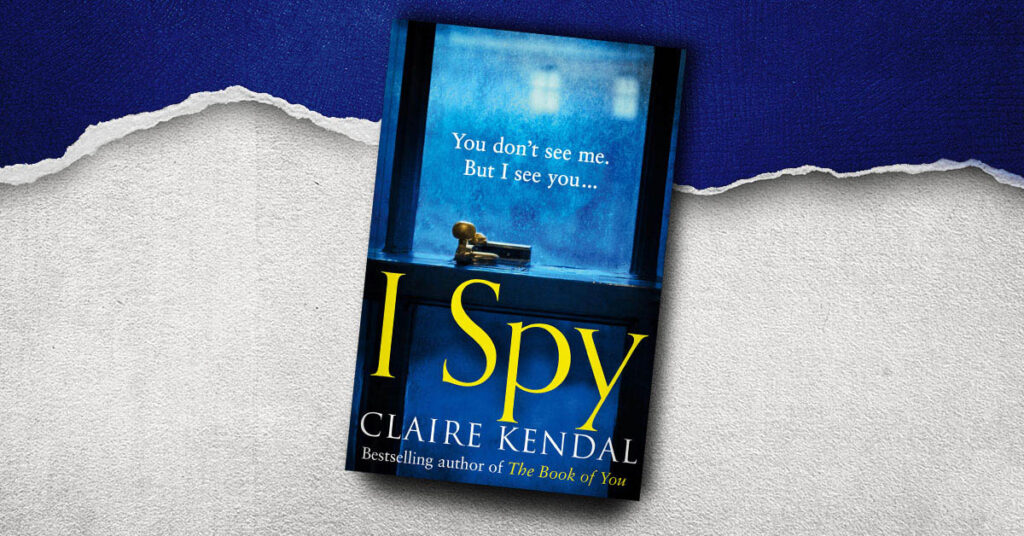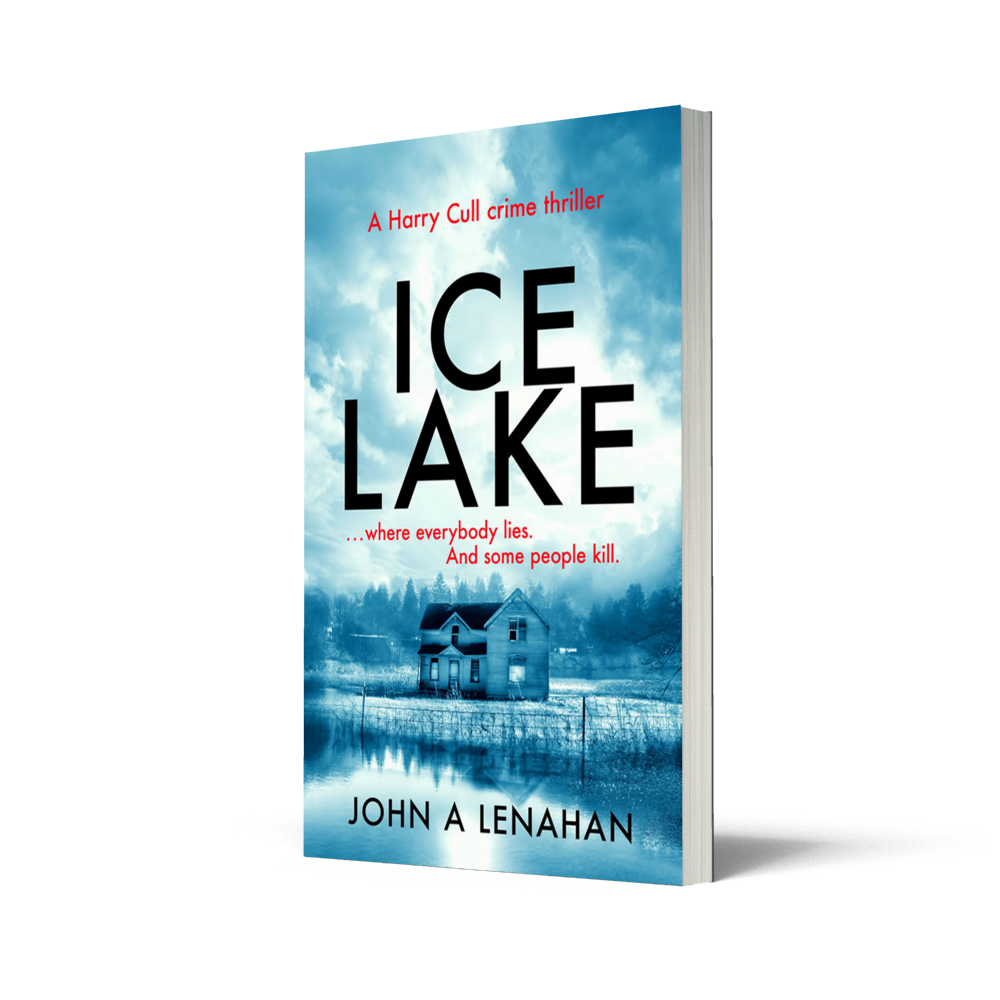What drew you to the world of crime? When I first began with the fire service I witnessed the victims of crime first hand. I was eight months on the job when I saw a man doused with gasoline and set on fire. As a fire-medic, I responded to a call-out where a two year old had been raped and beaten to death by her twelve year old brother. Shootings, stabbings, assaults were everyday occurrences and it can be hard to deal with emotionally. Writing – both fiction and non-fiction – acted as a catharsis of sorts to help me deal with things that I witnessed.
Tell us about your new book. Acoustic Shadows came to me after the mass shooting at the Sandy Hook Elementary School. I couldn’t sleep thinking about it. I wanted to write about this type of violence and, once again, sort through my own feelings about yet another senseless crime. But, the thought kept coming back to me: what if one of the teachers would have had a gun? And then, why would she have had a gun? I did not want to sensationalize the tragic event but share my own feelings about violence in America and those that are affected by it. Since 2006, there have been nearly 200 cases of spree or mass shootings and there does not seem to be end in sight nor a solution. I began to think of a storyline, and more importantly, characters whose lives have been permanently changed by acts of violence. If you read the book, you will see almost every character in novel has been changed or influenced by violence and each deals with it in their own way.
Is there a lot of research that goes in to your books? Absolutely, and there is never enough! In my first book, Papa’s Problem, an historical novel that won the Florida Book Award, I set the story in 1939 Key West, when Hemingway lived there. The research on that era and Hemingway, whom I thought I knew well until I started the book, was extensive. My second book, Extended Family, a very dark story about serial killers, involved tons of research on DNA. In Acoustic Shadows, guns are the vehicles of destruction and I wanted people to know as much about them as some of the characters that used them, including their weight, bullet velocity, their finish, the hand grips, number of rounds and, perhaps, more than anyone would want to know.
What author (besides yourself) do you think that everyone should read? Living: James Lee Burke, who writes thrillers with such angst for his characters, you believe you know them. Dead: Harry Crews who, though not well-known was one of the most unusual, original authors to ever publish and a big influence on my life and writing. John D. MacDonald was one of the first ‘adult fiction’ authors I read, and he set me on a course to write mystery and suspense thrillers. I’ve also been influenced by such diverse authors as Sir Arthur Conan Doyle, Loren D. Estleman, and Dennis Lehane.
Favourite thing to do aside from writing: Travel. Scuba diving and snow skiing. And, I am a complete, stark-raving-mad-movie-lover!
Advice for some considering a career in writing: Read Stephen King’s On Writing – I wish I would’ve read it sooner. It has so many good, practical suggestions on writing. And never, ever, give up.
What’s your poison? Lead-fired at high velocity.
Patrick Kendrick is the author of Acoustic Shadows, Killer Reads June Title of the Month–out now in eBook.




